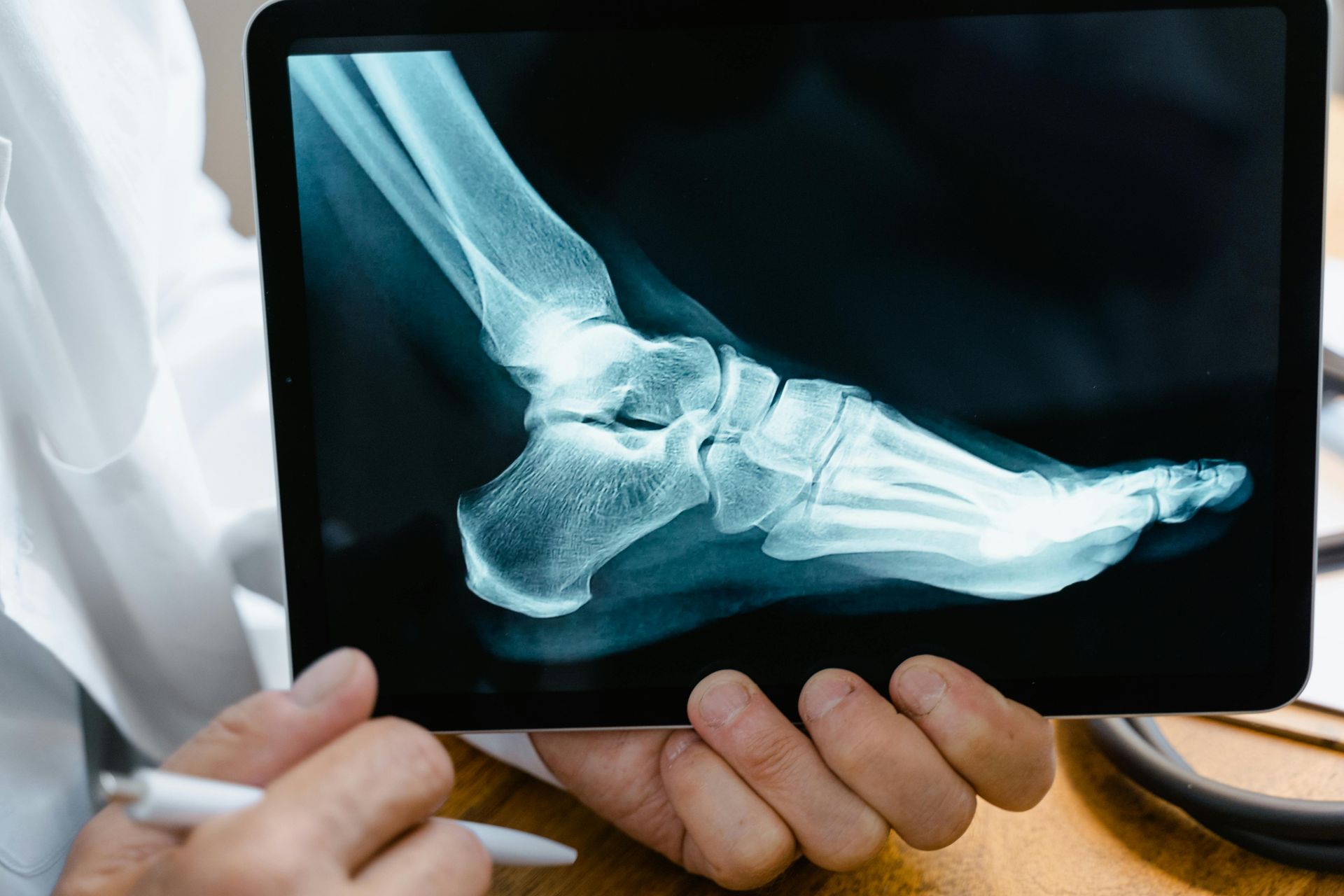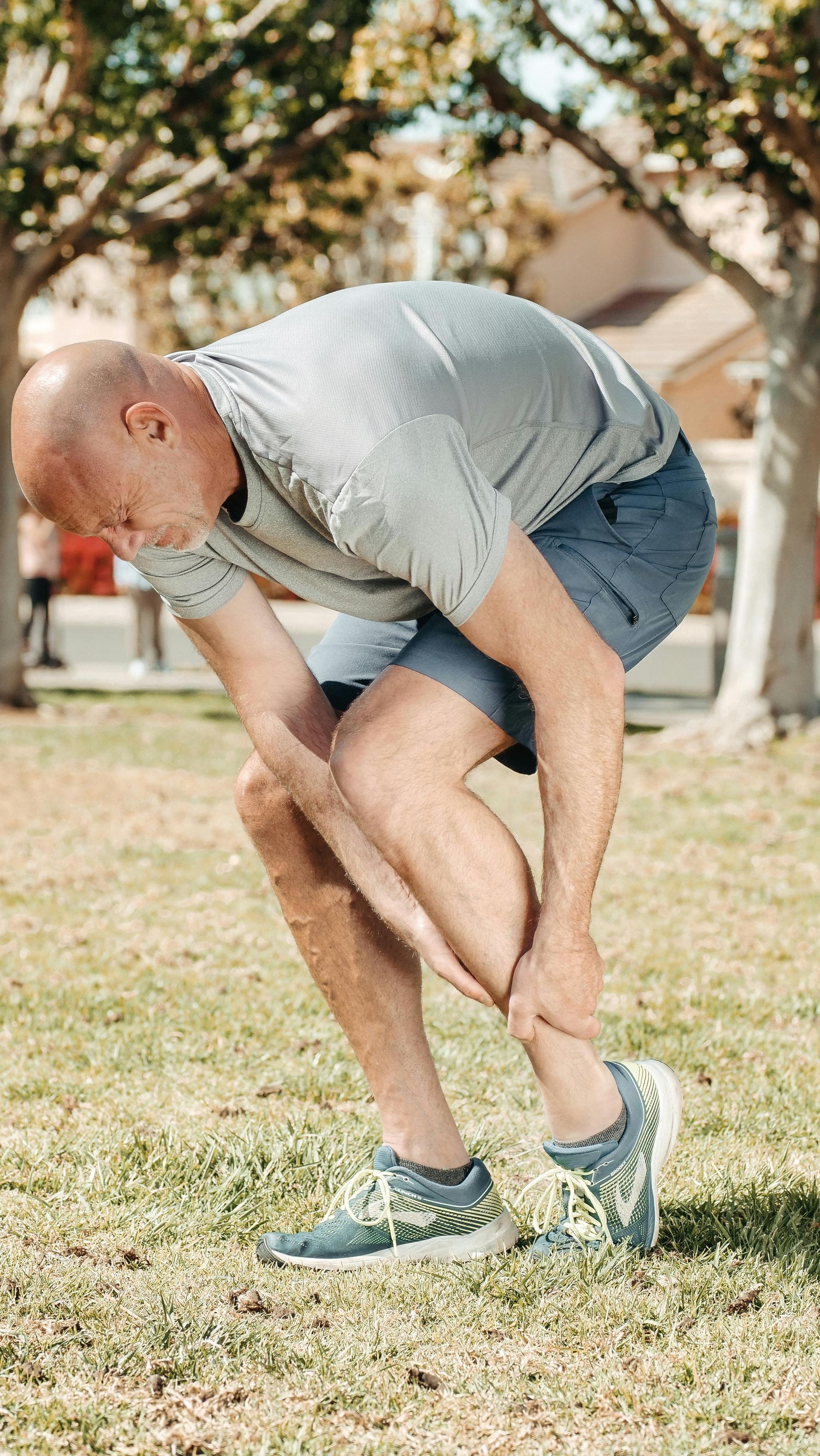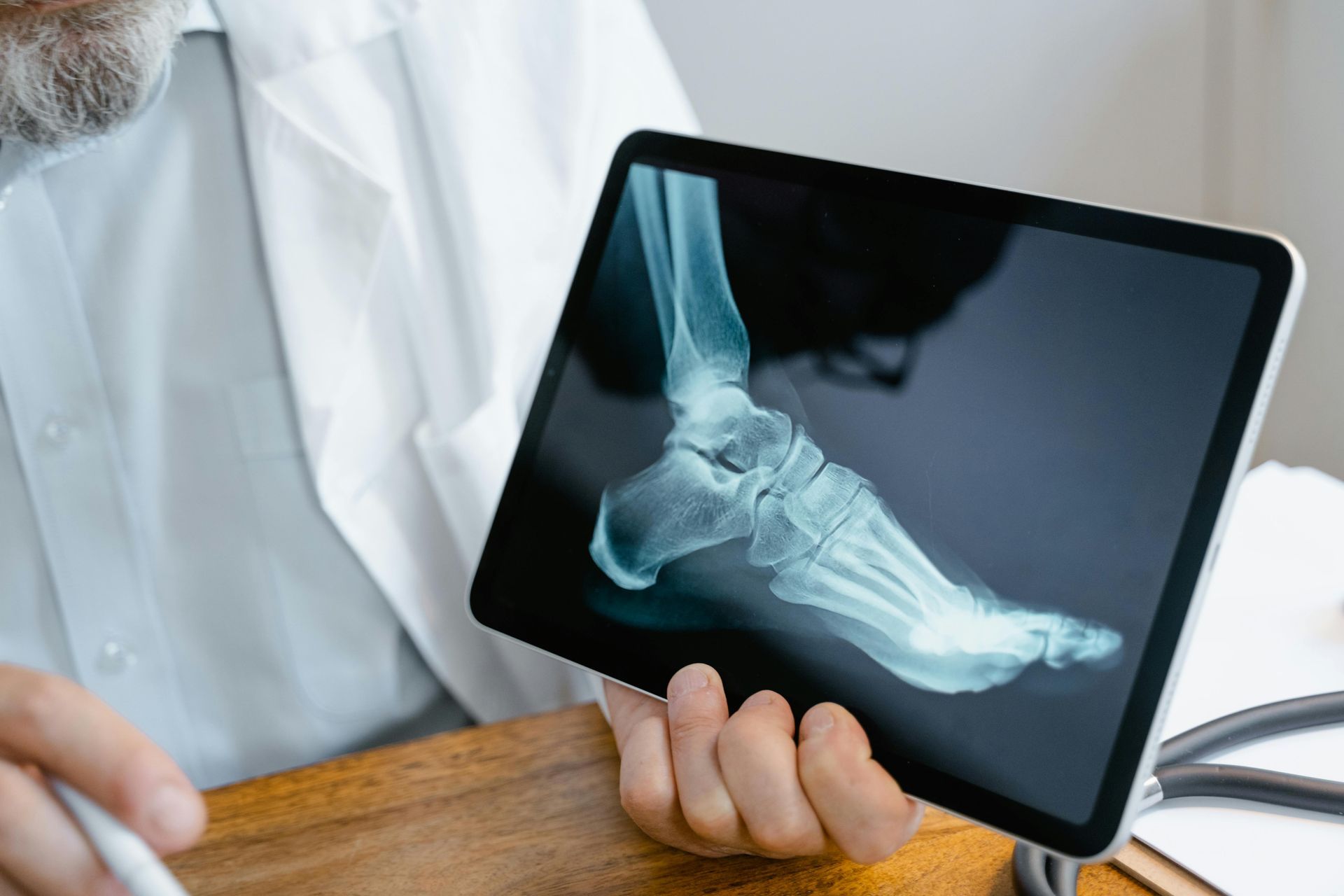Heat or Ice – Which is best for my injury?
One of the most common questions I get asked is should I use heat or ice for my injury?
There’s no correct answer, it ultimately depends on the type of your injury and which stage of the healing process it is at.
When should I ice an injury?
Ice has traditionally been used straight after an acute injury or surgery. For up to 72 hours after an injury, there is an inflammatory response occurring in the body. Signs of inflammation include localised skin redness, swelling, and heat, as well as pain.
Cold therapy helps to reduce the blood flow to the area, thus helping to reduce the inflammation as well as giving pain relief.
However, new research is showing that ice has little effect on skin temperature and reducing swelling. While it may numb the area and provide temporary pain relief, it’s ability to accelerate healing beyond the initial stage of an injury appears to be not as effective as we thought it was.
What about ice baths? – see our other blog on them
here
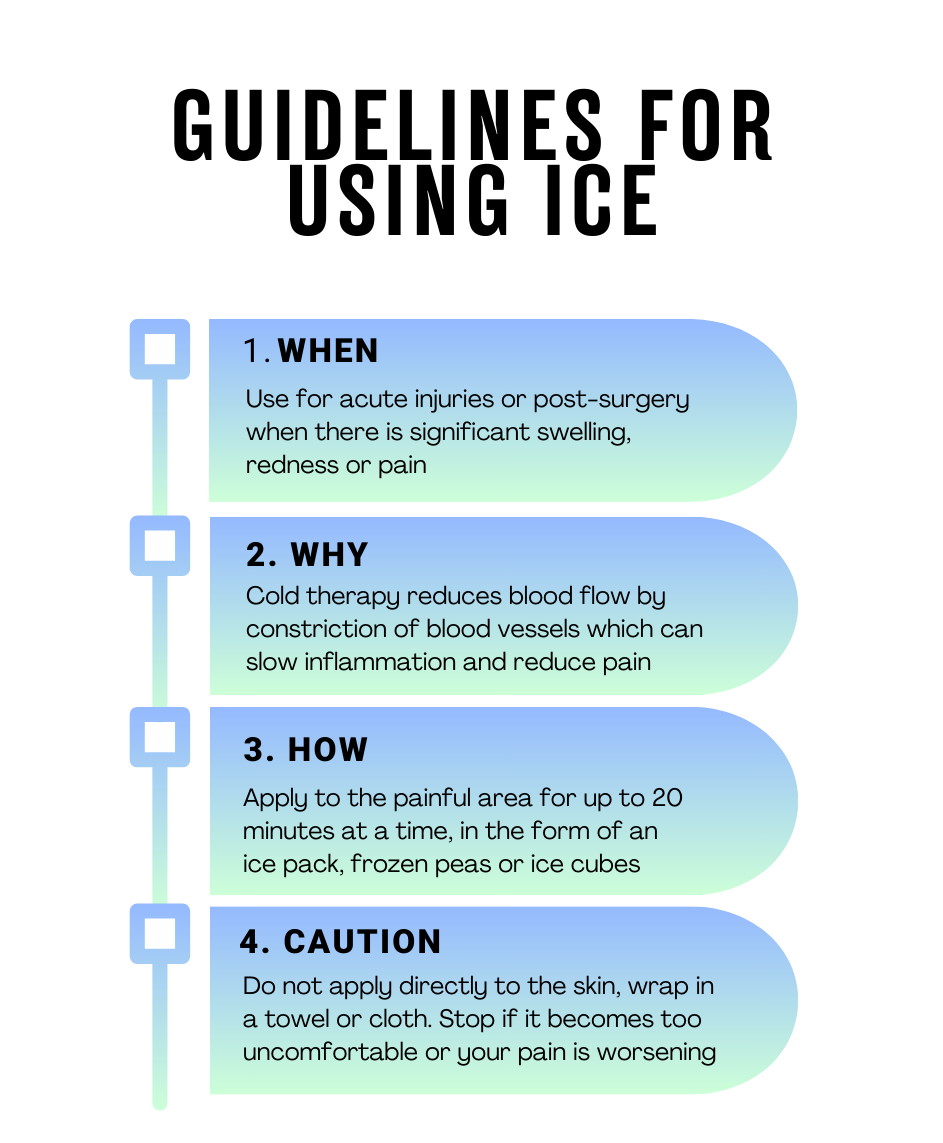
Should I use a heat for my injury?
Heat has the opposite effect of ice, promoting increased blood flow within the body. It is best used in the days after your injury, or if you are experiencing a chronic issue or tightness.
Heat can assist with promoting tissue healing, decreasing muscle pain and spasm and improving muscle and joint motion. It can be particularly helpful for conditions such as chronic pain and arthritis.
Heat packs, hot baths and saunas are all effective ways to deliver heat into our bodies.
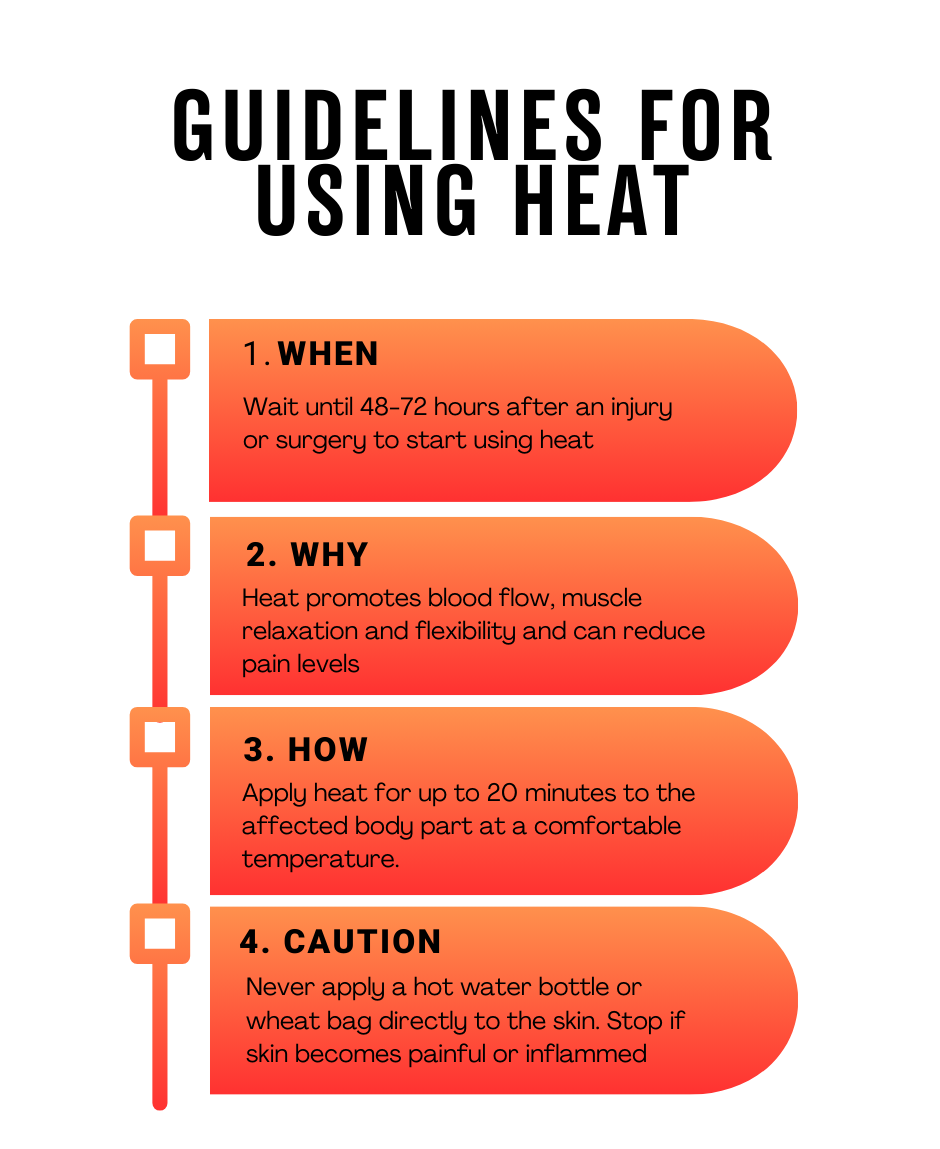
So, how do you decide between ice and heat for your injury?
In general, cold therapy may be more beneficial for acute injuries, where there is redness, heat, swelling and intense pain. If you do not have these signs, but are experiencing tightness, stiffness or reduced movement, such as muscle spasm, then heat therapy may be better.
Both heat and ice applied correctly should not cause further harm. Follow the guidelines as described in the pictures.
Heat and ice alone will not fix your injury. For the most effective treatment consult a physiotherapist for a full assessment and advice on how best to fix your injury.
Petrofsky et al. Cold Vs. Heat After Exercise-Is There a Clear Winner for Muscle Soreness. J Strength Cond Res. 2015 Nov;29(11):3245-52.
